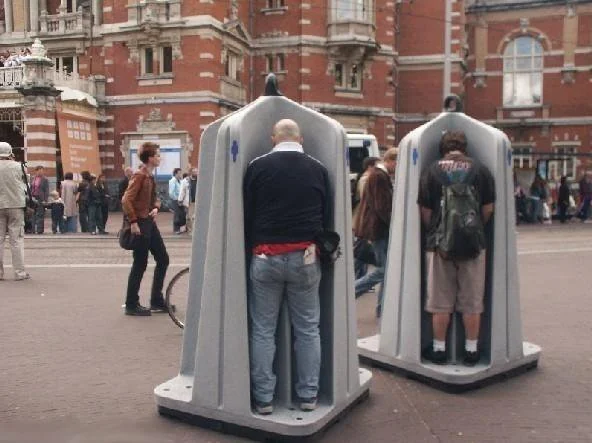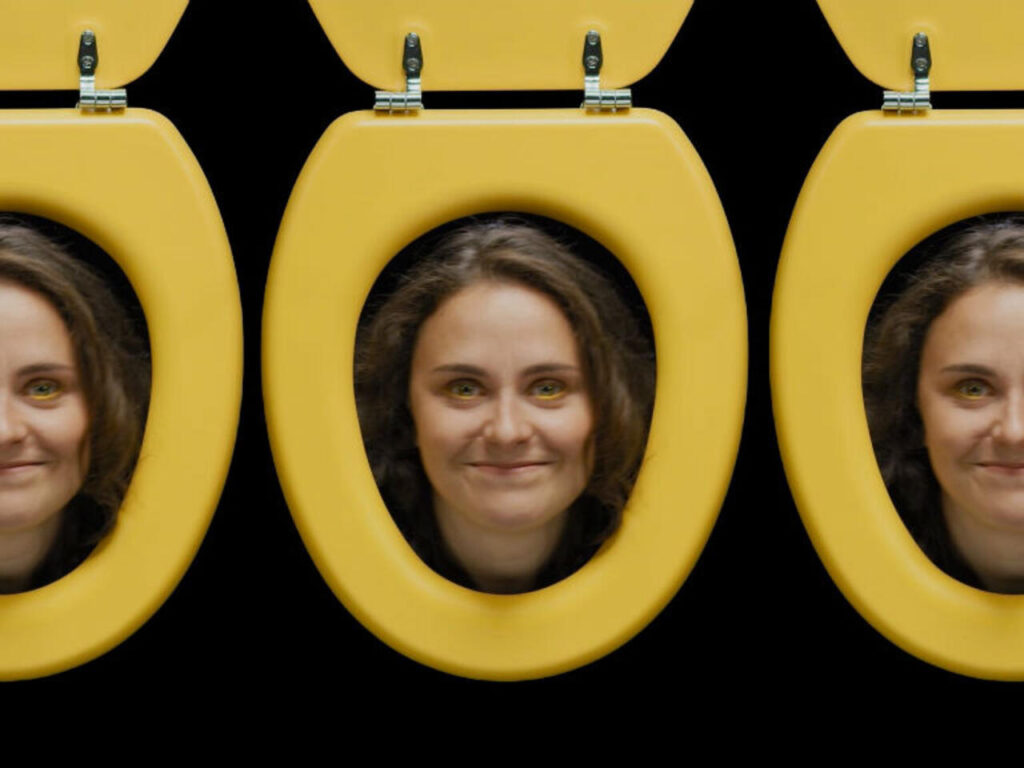In the romantic city of Paris, known for its iconic landmarks and exquisite cuisine, there lies a less charming issue – public urination. This persistent problem has not only been a blemish on the city’s beauty but also a public health concern. Enter the innovative solution from a start-up: a digital application likened to Waze, but for locating toilets. This blog post delves into how this novel idea promises to tackle Paris’s public urination problem and the broader implications for urban living.

1. Understanding Paris’s Public Urination Challenge
Paris, like many densely populated cities, struggles with the issue of public urination. This problem is exacerbated by a lack of easily accessible public toilets, leading to unsanitary conditions and a negative impact on the city’s image. The issue has been a point of contention for both residents and the city’s administration, which has tried various measures to combat it.
2. The Innovative Start-Up Solution
In response to this challenge, a start-up has developed a mobile application that operates similarly to Waze, the popular traffic navigation app, but instead of traffic, it guides users to the nearest public restroom. This app not only shows the location of these facilities but also provides information on their accessibility, cleanliness, and availability. The user-friendly interface and real-time updates make it a practical solution for locals and tourists alike.

3. Technology Meets Urban Planning
This start-up’s approach exemplifies how technology can be harnessed to address urban planning issues. By leveraging geolocation technology and real-time data, the app effectively integrates into the daily lives of city dwellers. It’s a prime example of how innovative thinking can transform city living, making it more convenient and hygienic.
4. Potential Impact on Public Health and Tourism
The introduction of this app could have significant implications for public health and tourism in Paris. By directing individuals to the nearest public restrooms, the app aims to reduce public urination, thereby improving the cleanliness and overall appeal of the city. This is particularly important for a city like Paris, where tourism plays a crucial role in the economy.

5. Challenges and Future Prospects
While the app presents a promising solution, it also faces challenges. Ensuring up-to-date and accurate information, maintaining the cleanliness and safety of the facilities, and achieving widespread adoption are key hurdles. However, if successful, this model could be replicated in other cities facing similar issues, revolutionizing the way urban spaces address basic human needs.
The ‘Like Waze, but for Toilets’ app is an innovative approach to solving Paris’s public urination problem. It is a testament to how technology can be applied to improve urban living conditions. While challenges remain, the potential benefits in terms of public health, city cleanliness, and enhanced tourist experiences are significant. This start-up may not only change how Parisians and tourists navigate the city but also set a precedent for other urban areas worldwide.
